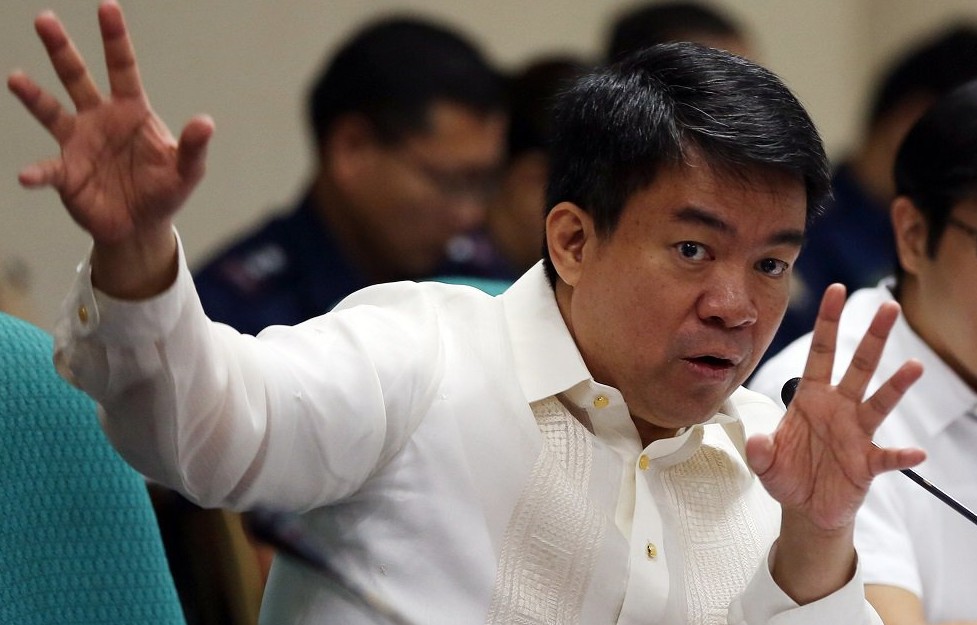SENATE President Aquilino “Koko” Pimentel III said the upper house would first carefully study the implications of joining the Asian Infrastructure Investment Bank (AIIB) before it would decide on the country’s proposed membership in the China-led multilateral lender.
“We are also part of the ADB [Asian Development Bank]. What are the strings attached [in joining the AIIB]? What are our obligations? We have to study those. I’m not prepared now to say that I’m excited about it,” Pimentel told the Inquirer in a recent chance interview.
Finance Secretary Carlos G. Dominguez III earlier told the Inquirer that the Duterte administration would fast-track the Philippines’ membership in the AIIB to widen financing options in line with plans to ramp up infrastructure development.
On Dec. 31 last year—only a day before the deadline, the Philippines announced it would become a founding member of the AIIB, which aims to finance developing countries’ infrastructure needs. Pundits say the AIIB is seen to rival other multilateral lenders such as the World Bank and the Manila-based ADB, which are being led by the US and Japan, respectively.
The Philippines’ membership, however, remained pending as it was impossible to secure Senate ratification in the remaining days of the 16th Congress prior to last May’s elections. The country has until the end of this year to secure the Senate’s approval to become a founding member.
But Pimentel said “right now, I do not join [Dominguez’s] enthusiasm” about the Philippines’ AIIB membership.
Dominguez had said the Department of Finance would work closely with the bicameral committees involved in studying the benefits the Philippines will get by joining AIIB as a member.
“The Duterte administration will definitely pursue joining the AIIB as at the forefront of the incoming administration’s socioeconomic agenda is to increase infrastructure spending in the country,” Dominguez said.
The administration wanted to raise the share of infrastructure spending to the gross domestic product (GDP) to as much as 7 percent before 2022.
For 2017, the Department of Budget and Management earlier pitched to Congress a P860.7-billion infrastructure spending program. Ben O. de Vera
